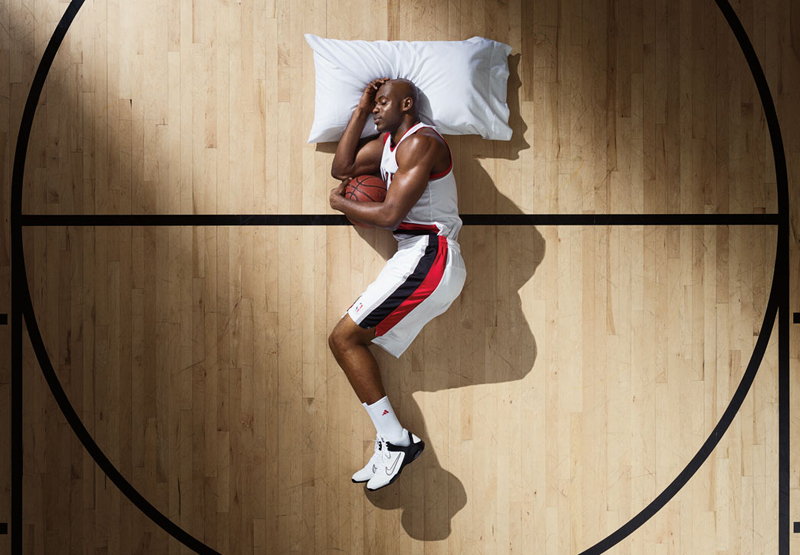Sodium Isn’t the Enemy
For years, sodium has been unfairly villainized. We’ve been told to keep it low to protect our hearts and control blood pressure. But here’s what most athletes, trainers, and health-conscious people don’t hear often enough:
You might actually need more sodium, especially if you train hard, eat clean, or sweat a lot.

And no, that doesn’t mean your blood pressure will spike.
In fact, for many active people, increasing sodium improves energy, focus, and performance.
So… Does Sodium Raise Blood Pressure?
Yes and no. Here’s the nuance:
-
For people with hypertension, excessive sodium without potassium or fluid balance may raise BP.
-
But in healthy, active individuals, the body regulates sodium well, especially if potassium and magnesium are sufficient.
-
Athletes often experience low blood pressure due to fluid/electrolyte loss, which sodium can help restore.
“Sodium restriction in individuals without hypertension offers minimal benefit, and in athletes, it can impair performance and recovery.”
—Phinney et al., Metabolism, 2004
Why Athletes Need More Sodium
Sodium is the primary electrolyte lost in sweat, up to 1,800 mg per liter. If you’re training in heat, eating low-carb, or fasting, your sodium loss accelerates.
Here’s a breakdown of how sodium needs shift in different populations:
Who Needs More Sodium?
-
🏋️♂️ Low-Carb or Keto Athletes – Low insulin = low sodium retention.
-
🥵 Heavy Sweaters – You lose salt, not just water.
-
🥗 Clean Eaters – Ditching processed foods also ditches 70% of sodium intake.
-
🧠 High-Output Professionals – Mental fog, fatigue, and lightheadedness are often electrolyte-related.

Sodium's Role in Performance
Sodium isn’t just a fluid regulator—it powers nearly every major athletic process:
| Function | Why Sodium Matters |
|---|---|
| Muscle Contraction | Sodium helps transmit nerve signals to muscles. Low sodium = weak or cramping muscles. |
| Mental Focus | Sodium is required for neurotransmitter firing and alertness. |
| Energy & Endurance | Without sodium, blood volume drops, leading to early fatigue. |
| Thermoregulation | Sodium helps the body cool itself through effective sweating. |
Real Performance, Real Sodium
“Adapt electrolytes have really helped my performance on the ice and overall recovery. I use it multiple times a day and feel the benefits. I trust the clean ingredients.”
—Jake Sanderson, #85 Ottawa Senators, Team USA
Athletes like Jake train in high-intensity environments where fluid and sodium loss is a daily occurrence. Adapt helps bridge that gap without added sugar or gut-irritating sweeteners.
How Much Sodium Should You Get?
General guidelines say 2,300 mg/day… but most athletes need much more.
| Situation | Estimated Sodium Need |
|---|---|
| Low to Moderate Activity | ~2,300 mg/day |
| Low-Carb / Keto | ~4,000–5,000 mg/day |
| Training or Heat | 5,000–7,000 mg/day |
| During Fasting | Add ~1,000 mg/day to baseline |

Adapt was designed with these in mind:
1,000 mg sodium, 200 mg potassium, 60 mg magnesium, 0 sugar.
The Adapt Takeaway
Sodium isn’t bad, it’s essential! Especially if you’re training, fasting, or eating clean. Instead of fearing salt, smart hydration means getting enough sodium, potassium, and magnesium from the right sources.
Adapt makes that simple. No sugar. No stevia. No junk. Just clean electrolytes that work.
Sources
-
Institute of Medicine (2005). Dietary Reference Intakes for Water, Sodium, Potassium, Chloride, and Sulfate.
-
Phinney, S. D., et al. (2004). The Art and Science of Low Carbohydrate Performance.
-
Maughan, R. J. & Shirreffs, S. M. (2008). Development of individual hydration strategies.
-
Sawka, M. N., et al. (2007). Exercise and Fluid Replacement, ACSM Position Stand.





Share:
Why Most Athletes Are Still Underhydrated (Even If They Drink Water All Day)
5 Essential Recovery Strategies for Optimal Muscle Repair